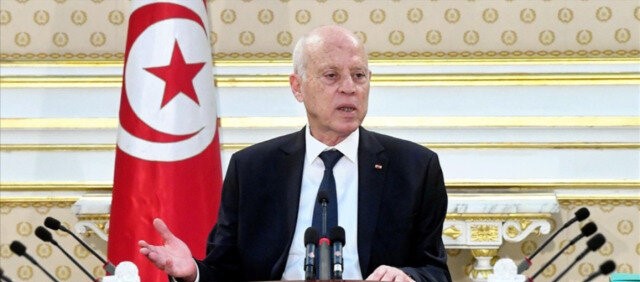(3 minutes read)
Tunisia’s President, Kais Saied, said that his country was refusing to accept the funds allocated by the European Union which he described as charity. He further said that the inadequate amount would run counter to the agreement concluded in July between the two parties
Tunisia’s President, Kais Saied, said that his country was refusing to accept the funds allocated by the European Union which he described as charity. He further said that the inadequate amount would run counter to the agreement concluded in July between the two parties.
On September 22, the European Commission announced that it would begin rapidly allocating the funds provided for under the agreement with Tunisia, in order to reduce the number of migrants arriving from that country. The Commission specified that some 42 million euros of the 105 million euros in aid provided for under this agreement to combat irregular immigration would be rapidly allocated. A further 24.7 million euros had already been earmarked for ongoing programs.
Tunisia, which accepts cooperation, does not accept anything resembling charity or favor. He lamented that the people of Tunisia do not want sympathy and do not accept it when it is without respect. The pitch of the Tunisian President is to up the quantum of assistance.
Read Also:
https://trendsnafrica.com/tunisia-treats-migrants-with-iron-hand-ngo/
https://trendsnafrica.com/tunisia-bans-delegation-from-european-parliament/
He explained that this refusal was not because of the derisory amount but because this proposal goes against the agreement signed in Tunis and the spirit that prevailed at the Rome conference in July. The aid, according to the EU, is to be used in part to refurbish boats used by the Tunisian coast guard and to cooperate with international organizations both for the “protection of migrants” and for operations to return these exiles from Tunisia to their countries of origin. The memorandum of understanding between Tunisia and the EU also provides for direct budgetary aid of 150 million euros in 2023, at a time when the country is facing serious economic difficulties.
Saied added that his country was doing its utmost to dismantle the criminal networks involved in human trafficking. Tunisia, along with Libya, is the main point of departure for thousands of migrants crossing the central Mediterranean to Europe, and arriving in Italy.





